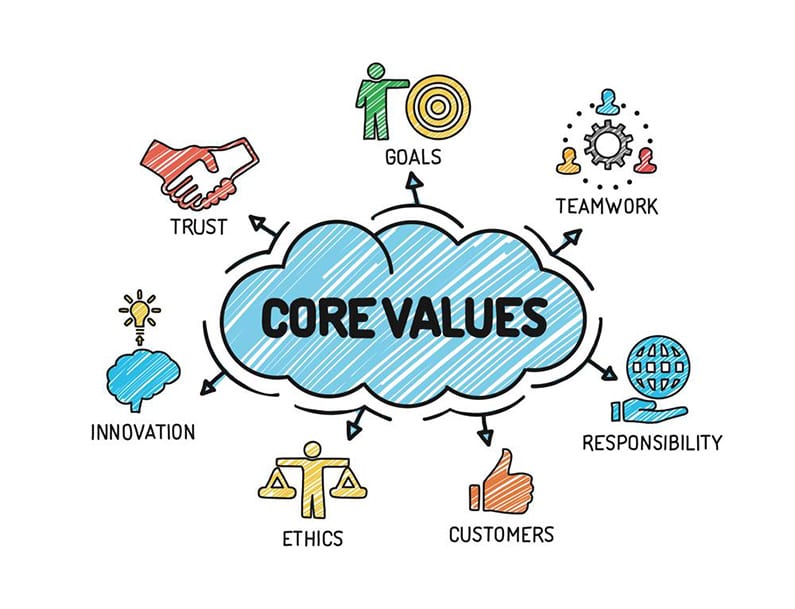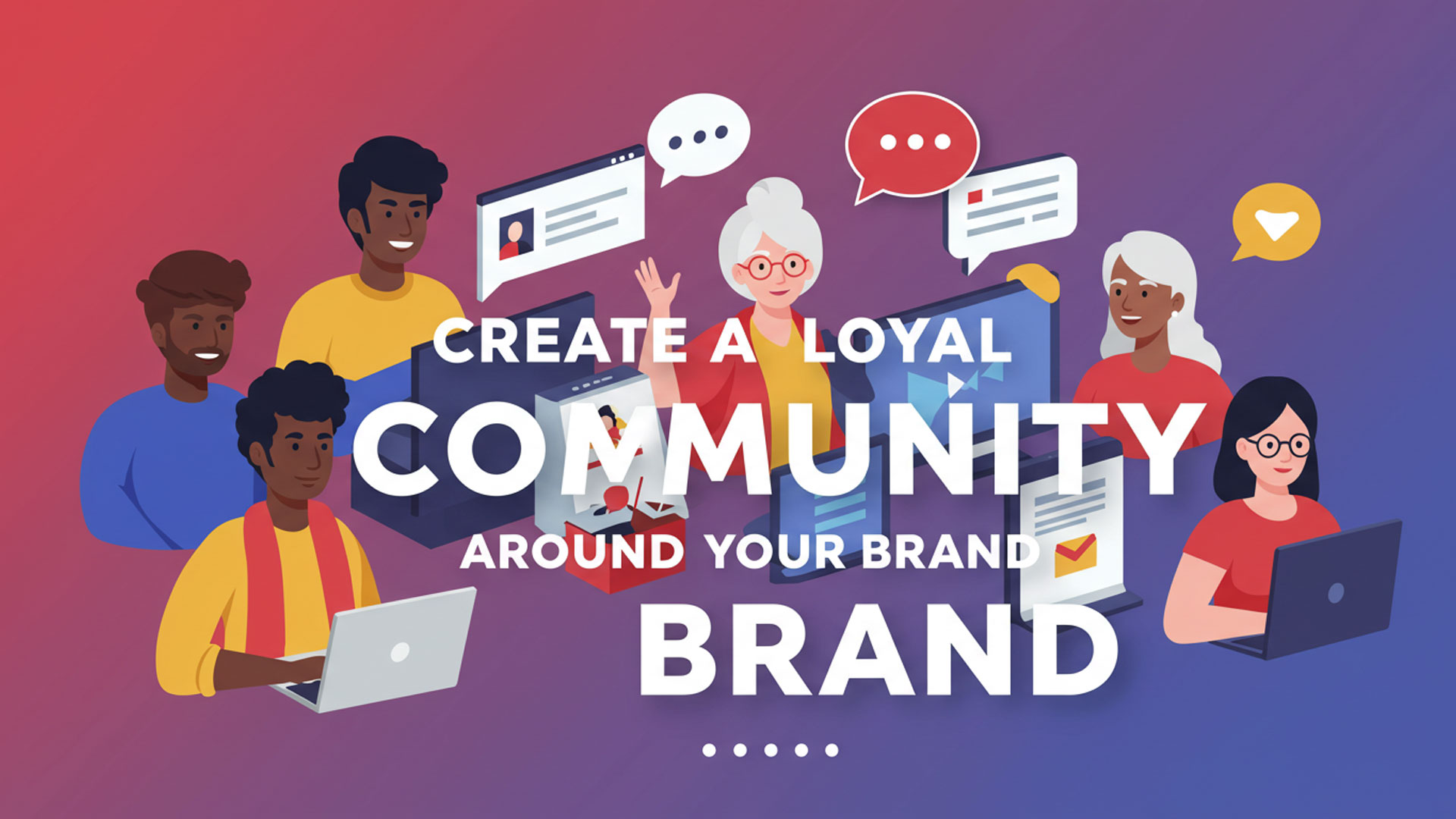
Brand Strategy Development for Startups: A Comprehensive Guide
Brand Strategy Development for Startups is the cornerstone of any successful new venture. Whether you’re building a tech startup or launching a small local business, having a strong brand identity helps you stand out in a crowded market, connect emotionally with customers, and lay a solid foundation for long-term growth. In this guide, we’ll explore the essential steps and considerations you need to develop a powerful brand strategy that resonates with your target audience.
1. Why Brand Strategy Development for Startups Matters
In today’s hyper-competitive marketplace, it’s no longer enough to simply offer a good product or service. Customers gravitate toward brands that stand for something, resonate with their values, and communicate effectively. This is where Brand Strategy Development for Startups plays a pivotal role. A solid brand strategy:
- Sets You Apart: A distinctive brand identity helps potential customers immediately recognize what makes you unique compared to larger competitors.
- Builds Trust and Credibility: Consumers are more likely to trust a brand that has a polished look, consistent messaging, and a clear purpose.
- Fosters Customer Loyalty: A strong brand creates emotional connections, which in turn lead to repeat business and word-of-mouth referrals.
- Drives Long-Term Success: By aligning your brand vision with the needs of the market, you position your startup for sustainable growth rather than quick, short-lived wins.
2. Understand the Core of Your Brand
Before designing logos and picking color palettes, it’s crucial to explore the deeper aspects of your brand. Ask yourself:
-
What are your core values?
- Are you all about innovation, sustainability, community impact, or affordability?
-
What is your brand personality?
- Will your brand voice be professional, friendly, playful, or authoritative?
-
What mission are you committed to?
- Is there a larger societal or industry-related goal fueling your startup’s existence?
By clarifying these aspects, you set the stage for every strategic decision that follows. Remember, Brand Strategy Development for Startups is about weaving a cohesive narrative that resonates with your internal team as much as it does with your external audience.
3. Identify and Research Your Target Audience
To create a brand that truly connects with people, you must know who those people are. Audience research is a critical step in Brand Strategy Development for Startups. Focus on:
- Demographics: Age, gender, location, income level, and profession.
- Psychographics: Lifestyle choices, interests, challenges, and goals.
- Behaviors: Online habits, purchasing patterns, and brand preferences.
Use surveys, interviews, or social media polls to gather real-world insights. You can also analyze existing competitors or industry reports to predict trends. When you understand your audience’s pain points and desires, you can tailor your offerings—and your brand messaging—to address them effectively.
4. Analyze Your Competitors
Conducting a thorough competitor analysis is essential for Brand Strategy Development for Startups. This goes beyond listing your rivals; it’s about understanding:
- Their Unique Selling Propositions (USPs): What do they claim to do better than anyone else?
- Brand Positioning: How do they present themselves in the marketplace? Are they emphasizing luxury, affordability, or innovation?
- Strengths and Weaknesses: Identify gaps in their offerings or marketing approach that you could capitalize on.
By examining your competitors’ strategies, you’ll find areas where you can stand out—such as focusing on a niche audience or addressing overlooked customer needs.
5. Craft a Compelling Brand Story
Stories resonate with people because they evoke emotions and make brands memorable. A powerful story is the heartbeat of Brand Strategy Development for Startups. Consider including:
- Your Startup’s Origin: What inspired you to create this product or service?
- Your Challenges and Triumphs: Sharing honest stories about setbacks and breakthroughs humanizes your brand.
- Your Vision for the Future: Paint a picture of where you see your brand headed and how you plan to make a difference.
When your audience understands the why behind your startup, they feel more invested in your journey—and more eager to support it.
6. Design a Cohesive Visual Identity
Visual branding is often the first thing people notice about your company. Make it count by creating a cohesive, polished look that aligns with your startup’s personality and values. Key elements include:
- Logo
- Aim for simplicity and memorability. A timeless logo should be adaptable to different sizes and platforms.
- Color Palette
- Colors evoke specific emotions. For instance, blue often conveys trust and reliability, while orange signals energy and creativity.
- Typography
- Choose fonts that are easy to read and complement your brand vibe, whether it’s elegant and refined or bold and modern.
- Consistent Design Elements
- Incorporate patterns, icons, or imagery that tie all your brand materials—online and offline—together.
7. Build Consistent Marketing Messages
Once you’ve established your brand’s core values, personality, and visual identity, it’s time to convey these elements in your marketing. Consistency is crucial because it helps people remember and trust your brand. Focus on:
- Clarity: Straightforward language that emphasizes the benefits of your products or services.
- Tone of Voice: Keep your brand personality front and center—whether that’s playful, conversational, or professional.
- Value Proposition: Highlight how you solve customers’ problems or improve their lives in a unique way.
Your messaging should remain consistent across all channels—website, social media, email campaigns, and offline promotions—so customers get the same experience wherever they encounter your brand.
8. Establish Your Online Presence
In an age where people turn to the internet for nearly everything, having a robust online presence is non-negotiable. For Brand Strategy Development for Startups, the digital space is a critical arena. Prioritize:
- Your Website
- Make sure it’s visually appealing, user-friendly, and mobile-optimized. Aim for fast loading times and intuitive navigation.
- Search Engine Optimization (SEO)
- Use relevant keywords—like “Brand Strategy Development for Startups”—in your content, headings, and meta tags to improve your ranking.
- Social Media
- Choose platforms where your target audience is most active. Share a variety of content—such as behind-the-scenes videos, testimonials, or industry news—to keep followers engaged.
- Email Marketing
- A well-segmented email list allows you to communicate directly with those interested in your offerings. Focus on storytelling, personalized messages, and calls to action that drive conversions.
9. Measure and Improve Performance
Like any strategic initiative, Brand Strategy Development for Startups requires ongoing monitoring. Some performance indicators to keep an eye on include:
- Brand Awareness: Are more people recognizing and talking about your startup? Track mentions, social media engagement, and referral traffic.
- Engagement Rates: How often do followers interact with your content, ask questions, or share your posts?
- Conversion Metrics: Keep tabs on email sign-ups, inquiry forms, and sales to gauge the effectiveness of your branding efforts.
- Customer Feedback: Poll your audience or read reviews to understand how they perceive your brand.
Regularly analyze these data points to pinpoint what’s working and what’s not. This insight allows you to adapt and refine your strategy, ensuring continuous improvement.
10. Create a Loyal Community Around Your Brand
A thriving community can be a startup’s biggest asset. When people feel connected to your brand, they’re more likely to stick around and recommend you to others. To build brand loyalty:
- Encourage Dialogue: Prompt your followers and customers to share feedback, success stories, or user-generated content.
- Offer Exclusive Benefits: Reward loyal customers with discounts, early product access, or VIP events.
- Host Events and Workshops: In-person or virtual meetups can foster meaningful relationships and generate buzz.
- Celebrate Milestones: Sharing behind-the-scenes celebrations of your brand’s achievements helps humanize your startup.
11. Expert Tips for Effective Brand Strategy Development
Brand experts often emphasize that Brand Strategy Development for Startups is a continuous journey. Here are some insights to keep in mind:
- Stay Flexible
- Market conditions and consumer tastes can shift quickly. A flexible brand strategy allows you to pivot without losing your core identity.
- Embrace Technology
- Tools like analytics dashboards, social media listening platforms, and CRM software can offer valuable data to drive informed decisions.
- Focus on Details
- Whether it’s the tone in your customer support emails or the icons used on your website, every detail contributes to a cohesive brand experience.
- Never Stop Evolving
- Even well-established brands routinely update their visuals and messaging. Stay open to experimentation and improvement.
12. Final Thoughts
Brand Strategy Development for Startups is about more than just making a name or designing a logo. It involves a holistic approach that integrates your brand’s values, visual identity, messaging, and customer experiences into one cohesive blueprint. This journey may not be straightforward, and you may need to revise your strategy as you learn more about your audience and market. However, with consistent effort, research, and creativity, your startup can build a compelling brand that resonates with people and stands the test of time.
For more information on brand creation and development—or to get expert advice on shaping your own brand strategy—feel free to reach out to the Loop Media team. We’re here to guide you every step of the way as you transform your startup into a recognized, trusted brand.
📞 +966 55 054 8787
📧 Support@loop-media.co
🌐 Contact Us Page
This article is available in Arabic. You can read the Arabic version [here].
 العربية
العربية






This guide is incredibly insightful! As a startup founder, I often struggle with brand positioning. The section on defining brand personality really helped clarify my approach. Any recommendations for tools to assist with audience research?
I love how you emphasized storytelling! A strong brand story can make all the difference in standing out. Do you think startups should focus more on their founder’s journey or the problem they solve?